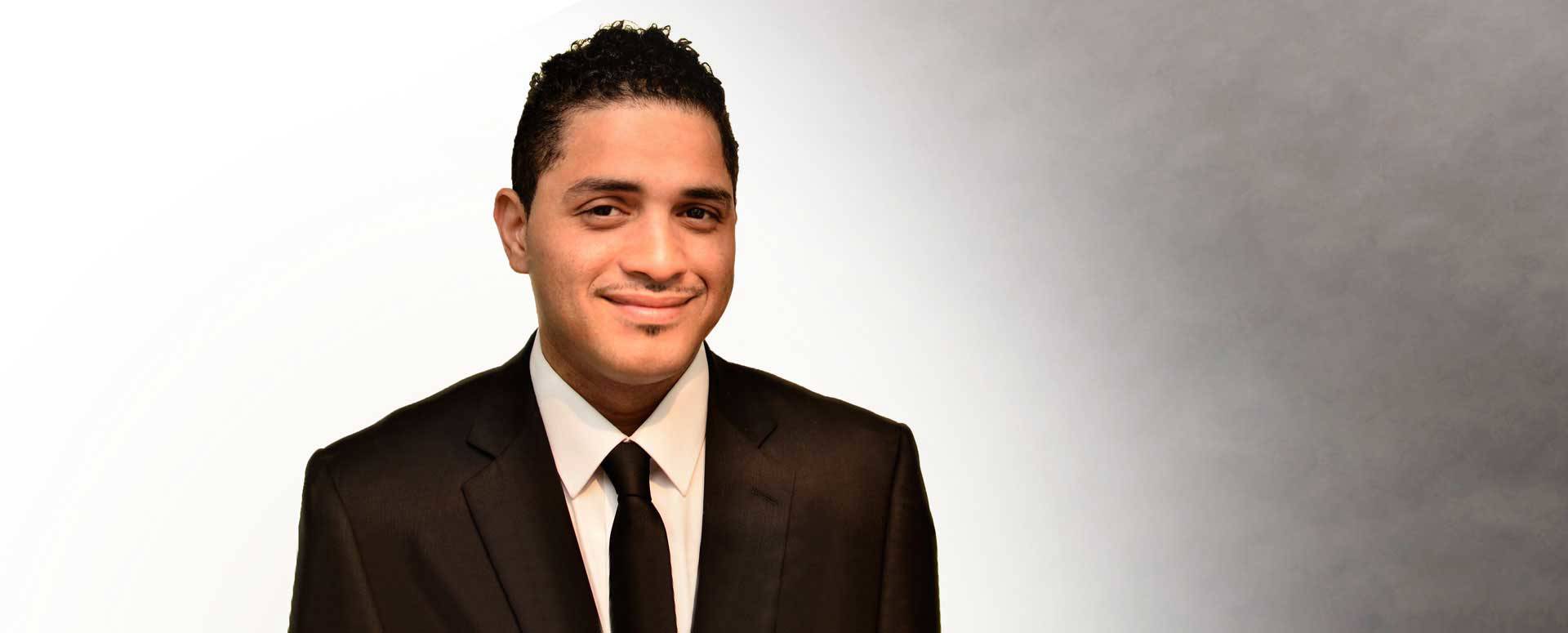
William Kellibrew IV
Activist & Expert on Violence
William Kellibrew IV
Activist & Expert on Violence
Biography
William Kellibrew IV is an international advocate for civil, human, women, children, and victims’ rights. He is a sought-after speaker on violence, trauma, trauma-informed care, and children exposed to violence. At age six, he was sexually abused by his mom’s neighbor and at age ten, he watched helplessly as his mother and twelve-year-old brother were shot in their living room by his mother’s estranged boyfriend.
In 2015, Kellibrew was nominated by U.S. Congresswoman Eleanor Holmes Norton to receive the U.S. Congressional Victims' Rights Caucus Eva Murillo Unsung Hero Award for exemplifying and embodying the movement for victim rights through outstanding efforts in victim advocacy, allied professional advocacy, public policy and public awareness. He is currently a faculty member for SAMHSA’s National Center for Trauma Informed Care, and a consultant for the Department of Justice’s Office for Victims of Crime Training and Technical Assistance Center, as well as The William Kellibrew Foundation. In 2011, he was recognized by the White House as a Champion of Change for his work to end domestic violence and sexual assault.
Kellibrew has appeared on Oprah, In Session, Andrea Mitchell Reports, MSNBC, HLN, Newsmakers with Robert Traynum, BBC Worldwide, BET, and NPR, and in Newsweek, The Washington Post, and countless other media outlets worldwide. He has also blogged for the White House.
Speech Topics
Building Resiliency in Youth Development & Child Serving Programs & Services
Trauma-Informed Approach: A Shift in Perspective
Trauma-Informed System of Care: A Change in Perspective - Values & Healing
Preparing the Next Generation of Leaders: Our Most Precious Resource
Champion of Change: A Journey of Healing & Resilience
At age 10, William witnessed the murders of his mother, Jacqueline and 12-year-old brother, Tony, in their living room on July 2, 1984, by his mom's ex-boyfriend. The killer took his own life that day, but not before making William beg for his life at gunpoint. In this presentation, William shares his personal and professional journey of healing and resiliency. From experiencing multiple childhood traumas including child sexual abuse, domestic and gun violence, stalking, bullying, and other victimizations, William has emerged as a global advocate and authority on addressing violence and trauma throughout multiple systems and settings. His synergy with the audience is inspiring and motivating as he provides a practical approach to supporting individuals, families, and communities impacted by violence and trauma.
Participants attending this session will be able to:
- Identify key elements in healing after childhood trauma.
- Identify key elements in resiliency after childhood trauma.
- Use William’s story as a catalyst to continue the conversation on supporting children and families affected by violence and trauma in multiple systems and settings.
Beyond Violence: Building Resilience in Children
Healing & Recovery
Honoring Our Differences, Celebrating the Strengths of Youth
From Tragedy to Triumph: Surviving Sexual Assault, Domestic Violence & Trauma
Personal Journey of Hope, Healing, Rebuilding, Recovery & Resilience
Breaking The Cycle of Violence & Trauma: A Trauma-Informed Shift in Perspective
“Violence causes trauma and trauma causes violence.” Breaking the cycle means a culture shift is needed in individuals, families, communities, and systems impacted by violence and trauma. Traumatic experiences can be dehumanizing, shocking and terrifying. Often a traumatic experience includes the betrayal of a trusted person or institution and a loss of safety. Trauma can result from experiences of violence, abuse, neglect or disasters that induce powerlessness, fear and recurring hopelessness. Trauma impacts one’s spirituality and relationships often resulting in ongoing feelings of shame, guilt, rage and isolation. Despite all of this, healing and breaking the cycle is possible. In this presentation, Kellibrew addresses trauma and violence using a trauma-informed lens in what he has coined ‘Grandma-Informed Care.’
Participants attending this session will be able to:
- Realize the prevalence of trauma and the effect of trauma in our lives and the lives of those we engage, serve, and/or supervise.
- Recognize the role that a trauma-informed approach plays in shifting the culture of violence to a culture that supports healing and recovery.
- Discover practical tools that resist re-traumatization using a trauma-informed lens.
Beyond Violence & Trauma: Supporting Children Witnessing While Building on Values
“Our values and beliefs drive our decision-making, actions, and behavior”. What we do, what we say and what we think are directly linked to our values and beliefs. In this presentation, Kellibrew focuses on how the use of values play a key role in healing and rebuilding following childhood traumatic experiences. Kellibrew discusses his work with values and healing throughout multiple systems and settings across the globe as well as the impact of using a values and a trauma-informed approach to guide hiring practices, intake throughout child and youth serving systems, programs, human service settings and more. Kellibrew identifies how systems are shifting the way they support those being engaged and served.
Participants attending this session will be able to:
- Recognize the role of a values-informed approach in healing.
- Identify how values can be integrated into a systems approach in child-serving institutions and settings.
- Discuss the partnership between a values-informed and a trauma-informed approach.

)
)
)
)